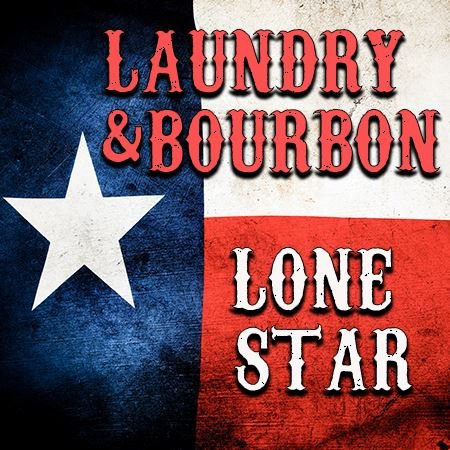1993-1994 Season
Laundry & Bourbon, Lone Star,
by James McClure
Laundry & Bourbon
The setting is the front porch of Roy and Elizabeth’s home in Maynard, Texas, on a hot summer afternoon. Elizabeth and her friend Hattie are whiling away the time folding laundry, watching TV, sipping bourbon and Coke, and gossiping about the many open secrets which are so much a part of small-town life. They are joined by the self-righteous Amy Lee who, among other tidbits, can’t resist blurting out that Roy has been seen around town with another woman. While the ensuing conversation is increasingly edged with bitter humor, from it emerges a sense of Elizabeth’s inner strength and her quiet understanding of the turmoil which has beset her husband since his return from Vietnam. He is wild, and he is unfaithful, but he needs her, and she loves him. And she’ll be waiting for him when he comes home—no matter what others may say or think.
Conceived as a companion piece to precede Lone Star, with which it constitutes a full evening of theatre, the present play can also be presented independently with equal effectiveness. Here the action centers on the discontent and very funny gossip of three small-town wives whose marriages have turned out to be less than was hoped for. “Mr. McLure’s strongest suit is dialogue salty comic banter that derives from colorful indigenous characters.” —NY Times.
Lone Star
The play takes place in the cluttered backyard of a small-town Texas bar. Roy, a brawny, macho type who had once been a local high-school hero, is back in town after a hitch in Vietnam and trying to reestablish his position in the community. Joined by his younger brother, Ray (who worships him), Roy sets about consuming a case of beer while regaling Ray with tales of his military and amorous exploits. Apparently Roy cherishes three things above all; his country, his sexy young wife, and his 1959 pink Thunderbird. With the arrival of Cletis, the fatuous, newlywed son of the local hardware store owner, the underpinnings of Roy’s world begin to collapse as it gradually comes out that Ray had slept with his brother’s wife during his absence and, horror of horrors, has just demolished his cherished Thunderbird. But, despite all, the high good humor of the play never lapses, and all ends as breezily and happily as it began.
Presented initially by the Actors Theatre of Louisville, and then produced successfully on Broadway, this hilarious study of a pair of Texas “good ole boys” on a Saturday night carouse introduced an exciting new playwright of major potential. Conceived as a companion piece to follow Laundry and Bourbon, with which it constitutes a full evening of theatre, this play can also be presented independently with equal effectiveness. “What an auspicious Broadway debut this amounts to!” —The New Yorker. “The evening unveiled a major comedic writing talent.” —Hollywood Reporter. “LONE STAR is an uproarious comedy about two bawdily rambunctious Texas brothers peppered with the playwright’s own special brand of cascading, spontaneous wit.” —NY Times.
Opal’s Million Dollar Duck,
by John Patrick
Searching for costumes for their next production, Desmond and Queenie, the “stars” of the local summer-stock company, drop by “Opal’s Antique Junque Shop.” While rooting through Opal’s treasures they spot a nondescript oil painting—a still life of a dead mallard duck and an apple—and recalling an item in the morning newspaper about an old master who has disappeared from the local art museum, suddenly realize that this may be the missing canvas, for which the insurance company is offering a sizable reward. Summoning up all their acting skills, they try to charm Opal into selling the painting for a pittance, but she explains that she plans to give it to her friend, Rosie, as a birthday present, whereupon the plot thickens hilariously. Desmond and Queenie resort to everything from outrageous flattery to knock-out drops trying to get their hands on the picture. Rosie, however, rejects it on the grounds that it reminds her of her pet duck (which was run over by a truck); and the plotters, much to their glee, march off triumphantly with their prize—unaware that a later edition of the paper carries a new item: The old master has been found, and the canvas that disappeared was a worthless copy that the museum had thrown out with the garbage!
Part of this author’s ever popular “Opal” series, in which the irrepressible Opal Kronkie once again triumphs hilariously over the forces of evil—while remaining blissfully ignorant of what her antagonists are up to. “…an evening of high-spirited entertainment which can be recommended with no qualms.” —Virgin Islands Daily News.



